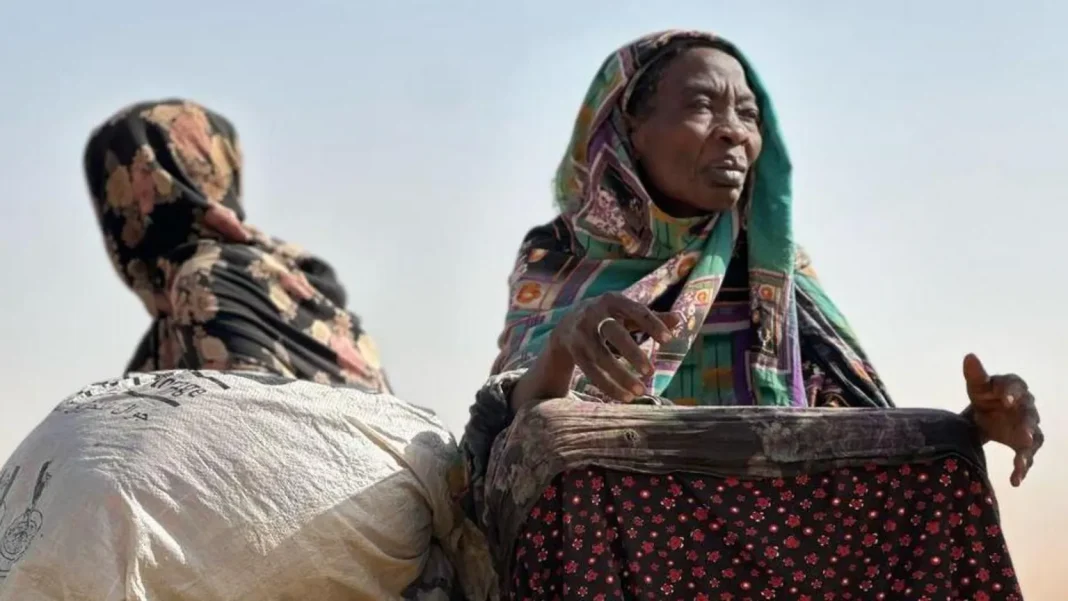The situation in Sudan is deeply tragic, and the urgency conveyed at the London conference is a clear acknowledgment of just how dire things have become. Two years into a brutal civil war, Sudan is not just facing a political or military crisis — it’s facing a full-blown humanitarian catastrophe.
The numbers are staggering:
30 million in desperate need of aid
12 million displaced
Thousands killed, including infants and children
Zamzam camp, a refuge for 500,000 people, now reduced to ashes
David Lammy’s opening statement struck a powerful chord — “Many have given up on Sudan – that is wrong.” And he’s right. The level of violence — beheadings, sexual assaults, mass starvation — is something the world should not turn away from.
But the real challenge is glaring: the two main parties in the war weren’t even at the table. Instead, we see their allies — some of whom are accused of actively fueling the conflict — trying to chart a “path to peace.” That’s a tough sell.
It’s also unsettling that places like Zamzam are under attack, and groups like Doctors Without Borders are describing children literally dying of thirst upon arrival at makeshift camps. This isn’t just a civil war — it’s systemic suffering and destruction of civilian life on an unimaginable scale.
And yet, there’s still a glimmer of hope — if the conference can:
- Unite international donors to pour in real, sustainable aid (not just short-term food and medicine),
- Pressure backers of both sides to step back from the conflict,
- And most importantly, push for inclusive dialogue led by Sudanese civilians — not just warlords or foreign interests.
The African Union’s message was clear: “No military solution. No partition.” But the question remains — who’s really listening? Because without genuine accountability and ceasefire enforcement, Sudan risks becoming another long-term conflict zone where humanitarian tragedy becomes routine.
What’s your take — do you think this conference will change anything? Or does it feel like another diplomatic gesture that won’t move the needle unless the warring factions are forced to the table?

